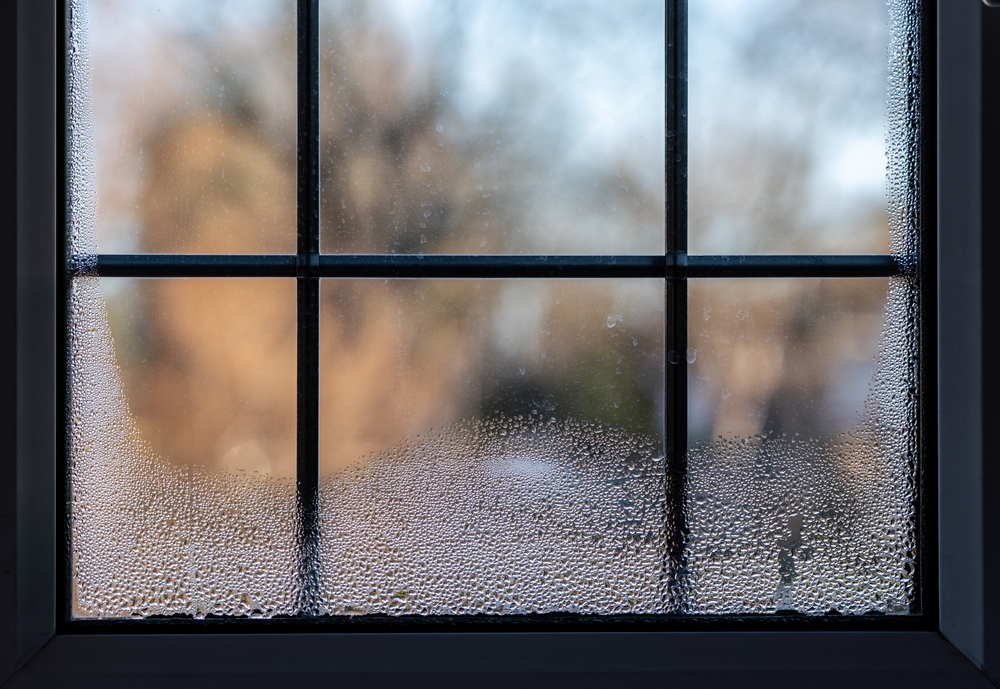
How Weather Impacts Residential and Commercial Glass Longevity
September 12, 2025 4:51 pm Leave your thoughtsGlass is an essential component of both residential and commercial structures, providing aesthetic appeal, natural light, and insulation. However, environmental conditions play a critical role in determining its long-term durability. Homeowners and business owners alike often overlook the significant influence that weather patterns have on residential window durability and commercial glass performance. From intense UV exposure to freezing temperatures and heavy storms, different climatic factors can accelerate wear and tear, ultimately reducing the lifespan of windows. In this blog, we will explore the various ways weather affects glass longevity, highlight preventive measures, and provide actionable insights to help property owners maintain the integrity of their windows for years to come.
The Impact of Temperature Extremes on Glass Longevity
One of the most significant weather-related factors that influence window durability is temperature fluctuation. In regions where temperatures shift drastically between seasons—or even within a single day—glass is subjected to expansion and contraction. This constant thermal stress weakens the structural integrity of both residential and commercial glass.
During hot summer months, extreme heat causes the glass to expand. Over time, this can lead to warping or micro-fractures, especially in single-pane windows or lower-quality glass installations. In contrast, freezing winter conditions cause glass to contract, making it more brittle and prone to cracking. These repeated cycles of expansion and contraction, known as thermal shock, significantly reduce the overall lifespan of windows.
For commercial properties, which often feature large glass facades and curtain walls, the risks are even greater. Larger surface areas are more vulnerable to stress fractures due to uneven heating and cooling. Additionally, energy-efficient windows—though designed to handle thermal variations—can suffer seal failures when exposed to prolonged extreme conditions. For homeowners seeking to improve residential window durability, investing in high-quality double- or triple-pane glass with insulated frames can help mitigate the effects of temperature extremes.
How Precipitation and Moisture Affect Windows
Rain, snow, and humidity are natural elements that can compromise the longevity of both residential and commercial windows if left unmanaged. Persistent exposure to moisture can seep into window seals and frames, leading to deterioration over time. Once seals break down, condensation often forms between panes, reducing energy efficiency and creating an unsightly, foggy appearance.
For homeowners, this issue is particularly problematic in coastal or high-humidity regions, where moisture buildup can accelerate corrosion in metal frames and weaken wooden ones. As seals degrade, the glass becomes more susceptible to stress fractures and leaks. In colder climates, melting snow combined with freezing temperatures can cause ice dams around window edges, which may lead to structural damage over time.
Commercial buildings face unique challenges due to their expansive glass panels. Excessive rainwater runoff and improper drainage can result in pooling near window bases, allowing water to infiltrate internal framing systems. This infiltration can compromise insulation, drive up energy costs, and, in severe cases, contribute to mold growth within the property. Regular inspections, caulking maintenance, and upgrading to windows with superior weatherproof seals are essential for extending glass lifespan in moisture-prone environments.
Wind, Storms, and the Threat of Impact Damage
Wind intensity and storm activity are other major contributors to reduced glass longevity. High winds place consistent pressure on windows, particularly in skyscrapers and commercial complexes where large glass surfaces bear the brunt of natural forces. Over time, sustained wind exposure can weaken frames, loosen seals, and increase the likelihood of cracks and breakage.
In storm-prone regions, such as coastal areas vulnerable to hurricanes and tropical storms, flying debris poses an even greater threat. While residential windows typically rely on tempered or laminated glass to withstand moderate impact, extreme weather events can overwhelm even reinforced installations. Commercial buildings, which often utilize expansive glass facades, must adhere to stricter building codes to withstand high-velocity wind impacts.
Technological advancements in glass manufacturing, such as impact-resistant and hurricane-rated glass, have significantly improved overall safety and durability. For property owners in storm-prone areas, upgrading to these enhanced solutions is a critical investment. Additionally, regular inspections of framing integrity and reinforcement of structural seals can help mitigate potential long-term damage caused by high winds and storm impacts.
UV Radiation and Its Effects on Glass Degradation
Beyond temperature extremes and storms, prolonged exposure to ultraviolet (UV) radiation can also accelerate glass deterioration. Over time, UV rays weaken glass coatings, seals, and framing materials, ultimately reducing their protective performance. Residential windows are particularly vulnerable because they are often directly exposed to sunlight throughout the day.
For homeowners, excessive UV exposure doesn’t just impact residential window durability—it also affects interior furnishings. Without proper UV-protective coatings, fabrics, flooring, and furniture near windows can fade over time. Modern glass technologies now incorporate UV-blocking films or specialized coatings that filter out harmful rays without obstructing natural light.
In commercial environments, where glass façades dominate architectural design, UV damage poses significant challenges. Degraded coatings can compromise energy efficiency, forcing HVAC systems to work harder and driving up utility costs. By choosing glass with low-emissivity (Low-E) coatings and scheduling routine maintenance to check for protective film degradation, property owners can significantly extend window lifespan while preserving aesthetic quality.
Strategies to Improve Glass Longevity in Changing Climates
While weather-related damage is inevitable to some extent, proactive strategies can dramatically improve the durability of residential and commercial glass installations. One effective approach is investing in high-quality materials designed to withstand regional climate challenges. For example, insulated glazing units, reinforced frames, and Low-E coatings help combat temperature fluctuations, moisture, and UV exposure.
Regular inspections and maintenance schedules are equally important. Property owners should routinely check for cracks, leaks, and seal failures to catch minor issues before they escalate. In areas prone to hurricanes, hailstorms, or extreme cold, additional protective measures such as storm shutters, exterior films, and double-laminated glass can help safeguard windows.
Another key strategy involves proper installation. Even the most advanced glass products can fail prematurely if installed incorrectly. Hiring certified professionals ensures windows are adequately sealed, structurally supported, and weatherproofed according to manufacturer specifications. For businesses, adhering to building codes and investing in regular façade assessments can prevent long-term costly repairs.
Conclusion
Weather plays an undeniable role in shaping the longevity of both residential and commercial glass systems. From extreme temperature swings and moisture infiltration to UV damage and storm impacts, environmental conditions are constant forces that affect window performance. Understanding how weather affects windows empowers property owners to take preventive measures that extend their lifespan, maintain energy efficiency, and protect investments.
For homeowners, improving residential window durability often comes down to selecting high-quality materials and conducting routine inspections. For commercial property managers, implementing advanced glass technologies and scheduling professional assessments can safeguard entire building façades against weather-related wear. By proactively managing environmental risks and staying ahead of potential damage, both residential and commercial property owners can ensure their windows remain resilient, efficient, and visually appealing for years to come.
Need Glass Repair Services Near You?
If you’re in need of expert glass repair or installation, we’d love to help! At S & S Glass Co., we take pride in delivering top-quality service with a personal touch that only a locally owned business can offer. Whether it’s custom shower doors, replacement windows, or insulated glass unit repair, our experienced team is ready to handle your residential or commercial needs. Reach out to us today for a free estimate—we’re here to make your project seamless and stress-free. Don’t forget to ask about our military discount!
Categorised in: Tips
This post was written by admin
